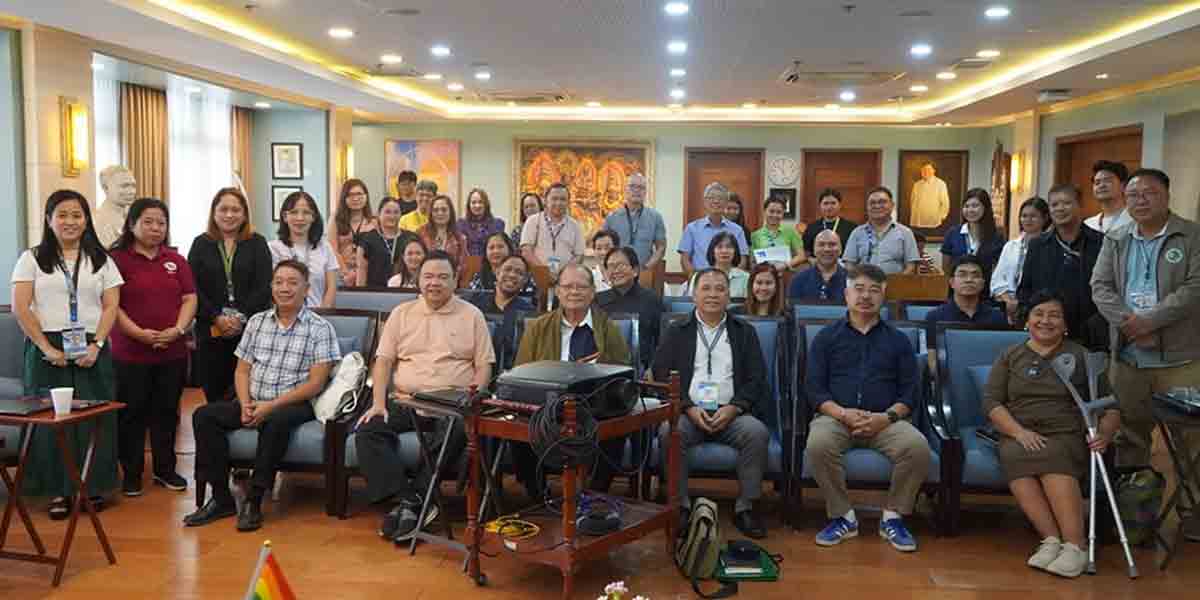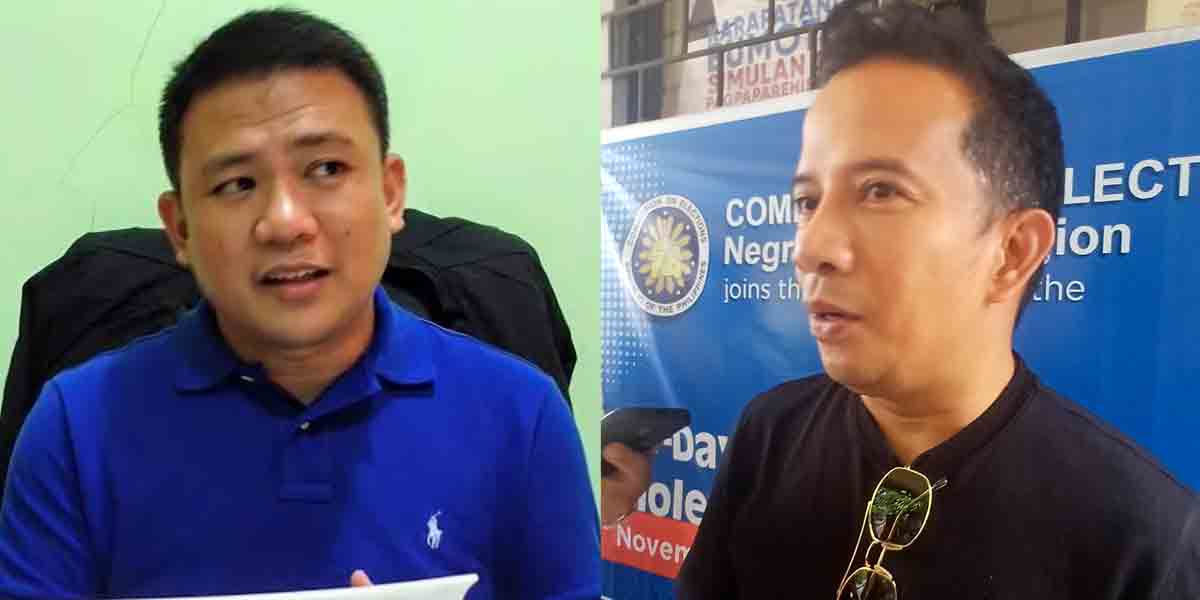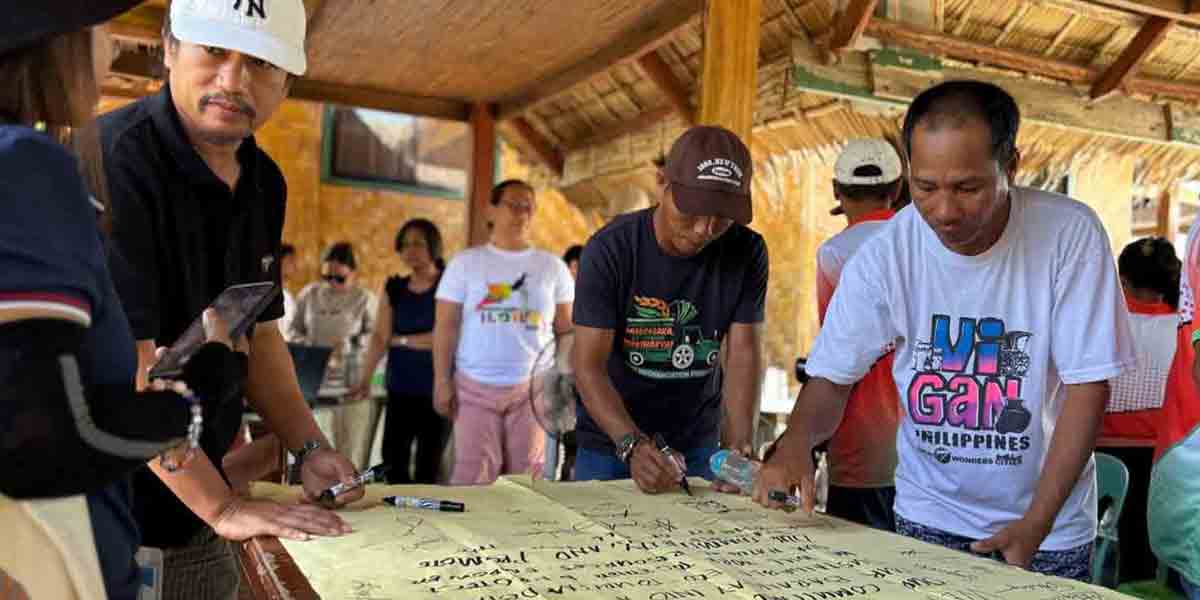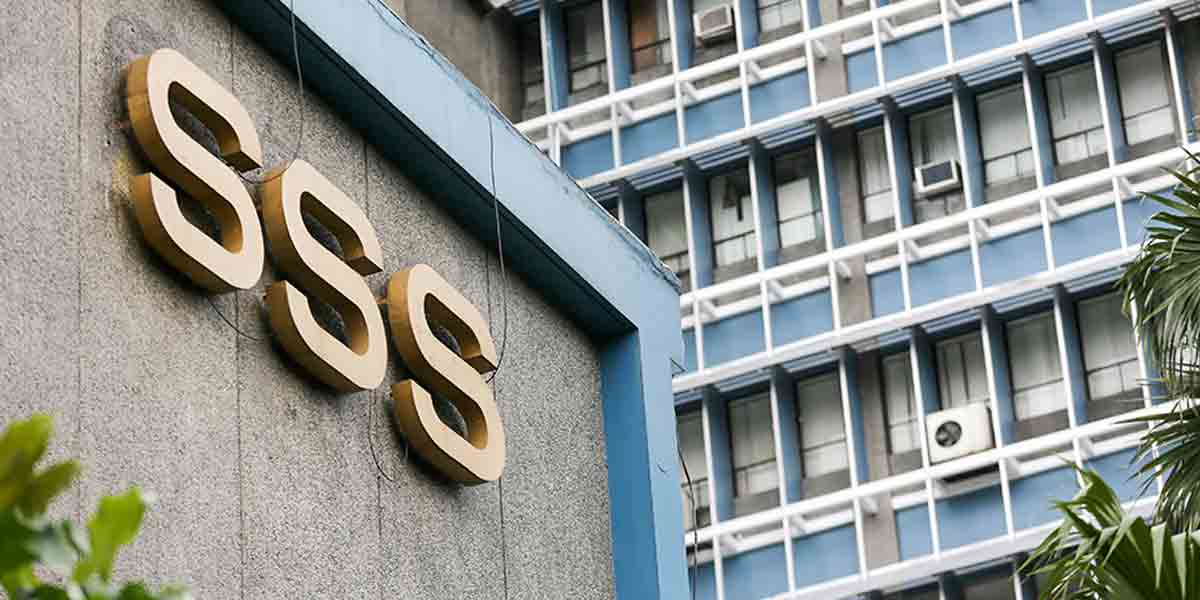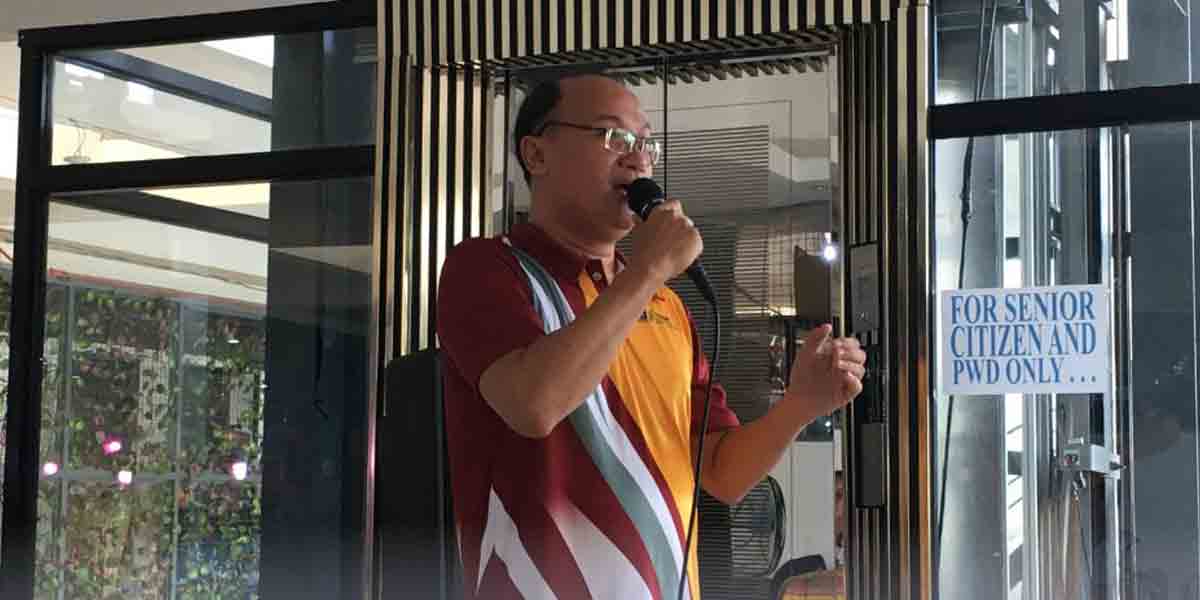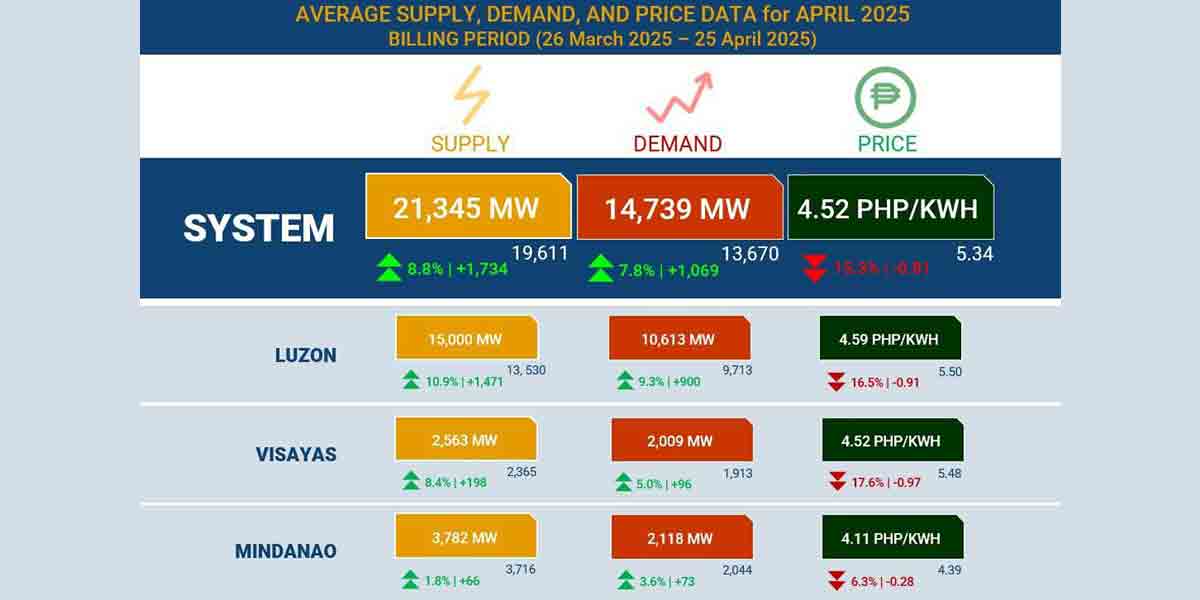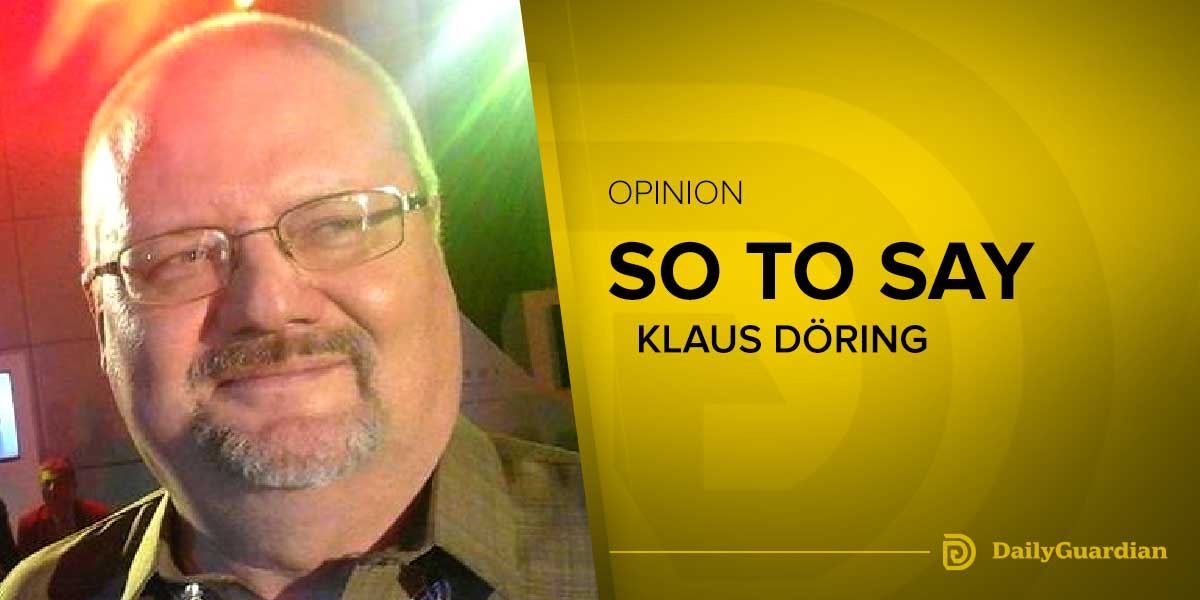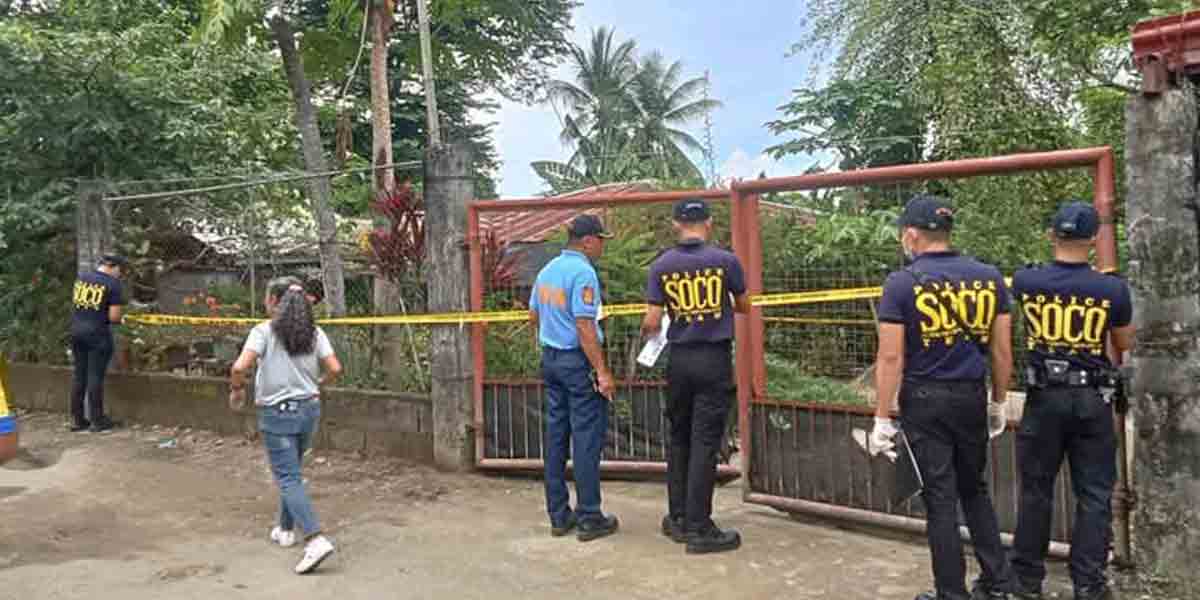By Herman M. Lagon
If the trapo were a character in a teleserye, he would be the kind who smiles with pressed palms in public, but snatches the last piece of lechon backstage. The kind who cries on cue, kisses babies for likes, and says “public service” like a punchline. Yet, the real punch is this: he wins. Again and again. Despite exposés, plunder cases, half-hearted apologies, and grandstanding hearings, he survives. And thrives. As the 2025 midterms knock on our screens and doors, the trapo is back—rebranded, rehashed, but never really removed.
The word “trapo” originally means rag—old, used, and disposable. In Pinoy politics, however, it has come to mean the opposite: stubbornly reusable. Traditional politicians are not just part of the system; they are the system. They have mastered the Pinoy rhythm of utang na loob, pakikisama, and palakasan, playing political chess on a board laid out by centuries of patronage. As anthropologist Fenella Cannell described in Power and Intimacy in the Philippine Households, Pinoy politics is often deeply entangled with kinship, favors, and fealty—the trapo simply thrives in it.
To dismiss every trapo as an empty-skulled clown would be inaccurate. These politicians are cunning tacticians. They attend funerals of people they barely knew. They fund basketball leagues and beauty pageants. They pose in relief operations they barely organized. They dance the budots like it is national policy, hand out jackets like legislation, and flash smiles so wide they hope you forget they have no platform at all. They kiss hands and higher-ups with the same intensity—anything for airtime or a committee seat. They confuse legislation with live-streaming and think public service means public stunts and viral punchlines. They treat Congress as a family reunion, passing seats down like heirlooms. And when they run for office, it is not to serve, but to swerve—from subpoenas, court hearings, or a pending graft case with their name all over it.
And it works. In communities where government is a distant concept and poverty is painfully personal, a rice sack delivered a week before elections feels more real than a six-point platform. As the Social Weather Stations 2023 survey shows, 41% of voters still equate “good governance” with “being helpful to the poor,” often measured not by policy but by pasalubong or ayuda.
And yet, some trapos do not even bother hiding anymore. Many have seamlessly taken over the party-list system, once intended to give marginalized voices a seat at the table. They put forward proxy nominees, only to replace them with political heirs once accredited. Comelec’s attempt to tighten this for 2025 is a welcome move, but the cleverness of trapos should never be underestimated. In a political system with weak accountability, they are like viruses finding new ways to infect an already fragile democracy.
But the more frustrating question is not why trapos exist, but why we keep voting for them. The easy answer is poverty, but the real one is more complicated. When public institutions fail, people turn to personalities. When bureaucracy is cold, the barangay captain who pays for a coffin becomes a savior. When state services are unreliable, a trapo’s generosity, even if performative, feels personal. That is not stupidity; that is survival. As political scientist Paul Hutchcroft argued, Philippine politics has long operated as a patrimonial oligarchic state—where officials use the state as a means of distributing favors and securing loyalty.
This is why labeling voters as “bobotante” is not just unhelpful; it is unjust. Many voters know the trapo’s game, but they have no better options. The reforms are few and slow. The alternatives are often inaccessible, unknown, or similarly compromised. And let us not pretend that elite technocrats with Ivy League degrees and a thousand-slide platform always understand hunger better than a politician who grew up walking the same muddy path to school.
But awareness is growing. Young voters, more digital and issue-aware, are pushing back. The 2022 elections saw unprecedented volunteerism, alternative campaigns, and online discourse. Songs like Yano’s “Trapo,” written decades ago and “Liwanag sa Dilim, that became popular in last elections, have resurfaced as anthems of discontent. These stirrings should not be dismissed as elite noise. They are part of a larger cultural shift—slow, uneven, but real.
Still, culture is sticky. We are a people wired for relational ethics. As social anthropologist Melba Maggay pointed out, our values of loyalty, kinship, and reciprocity are not inherently bad. What is dangerous is when these are hijacked for self-preservation by dynasties and kleptocrats. When public office is turned into a family heirloom, and accountability is dodged with a smile, democracy morphs into dynasty. According to the Ateneo School of Government, 80% of Congress seats have been occupied by members of political dynasties since 1987. This is not heritage. This is hoarding.
This brings us to May 12, 2025. The ballots are now printed. The jingles are blasting. The candidates are knocking. Some with promises. Some with a kilo of rice. Some with both. And we will once again face a choice. Not between angels and devils, but between those who benefit from the system and those who want to fix it. Not all trapos are evil. Not all new names are clean. But every voter has a story. Every vote has a context.
So what do we do with trapos? We strip away the showbiz. We ask: What have you done when no cameras were rolling? Who benefits from your bills? Are your promises new, or just recycled press releases? We should not vote out of spite or spectacle. We must vote from a place of clarity, not just charisma.
It will not be easy. No single election can undo decades of dysfunction, illiteracy, stupidity. But it can be a start. A clean start is too much to ask. But a better one is possible. Every barangay. Every vote. Every dream of a young student who deserves leaders who know more than acting roles.
So if the trapo is a character, let us give him a proper script. One with less drama and more delivery. Less tearjerking. More truth-telling. And maybe, just maybe, the Pinoy teleserye of politics can finally have a twist we deserve.
***
Doc H fondly describes himself as a “student of and for life” who, like many others, aspires to a life-giving and why-driven world grounded in social justice and the pursuit of happiness. His views do not necessarily reflect those of the institutions he is employed or connected with.

